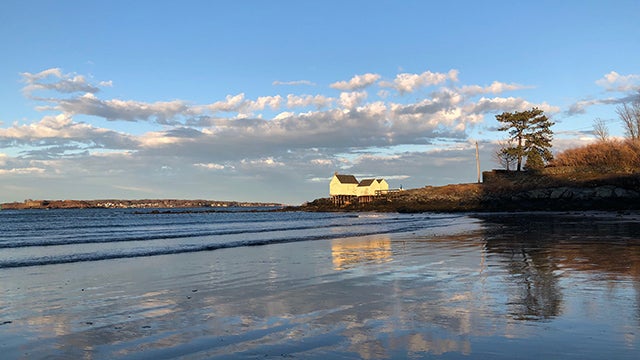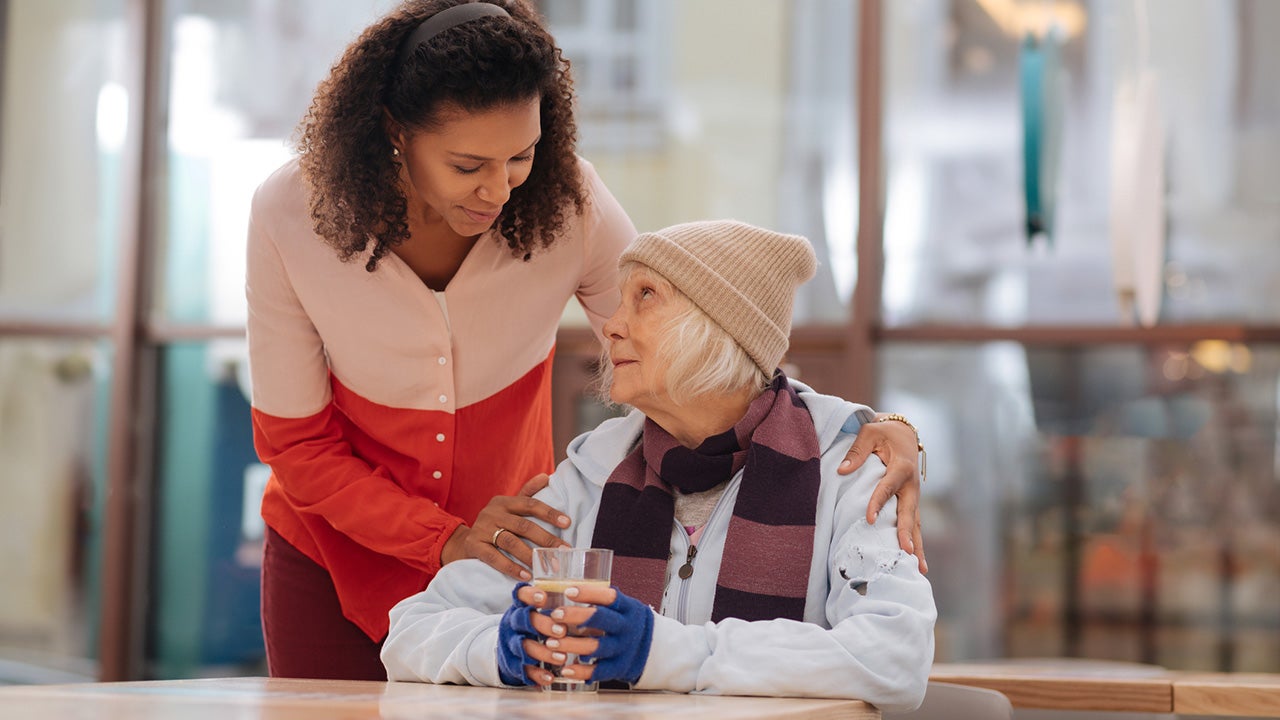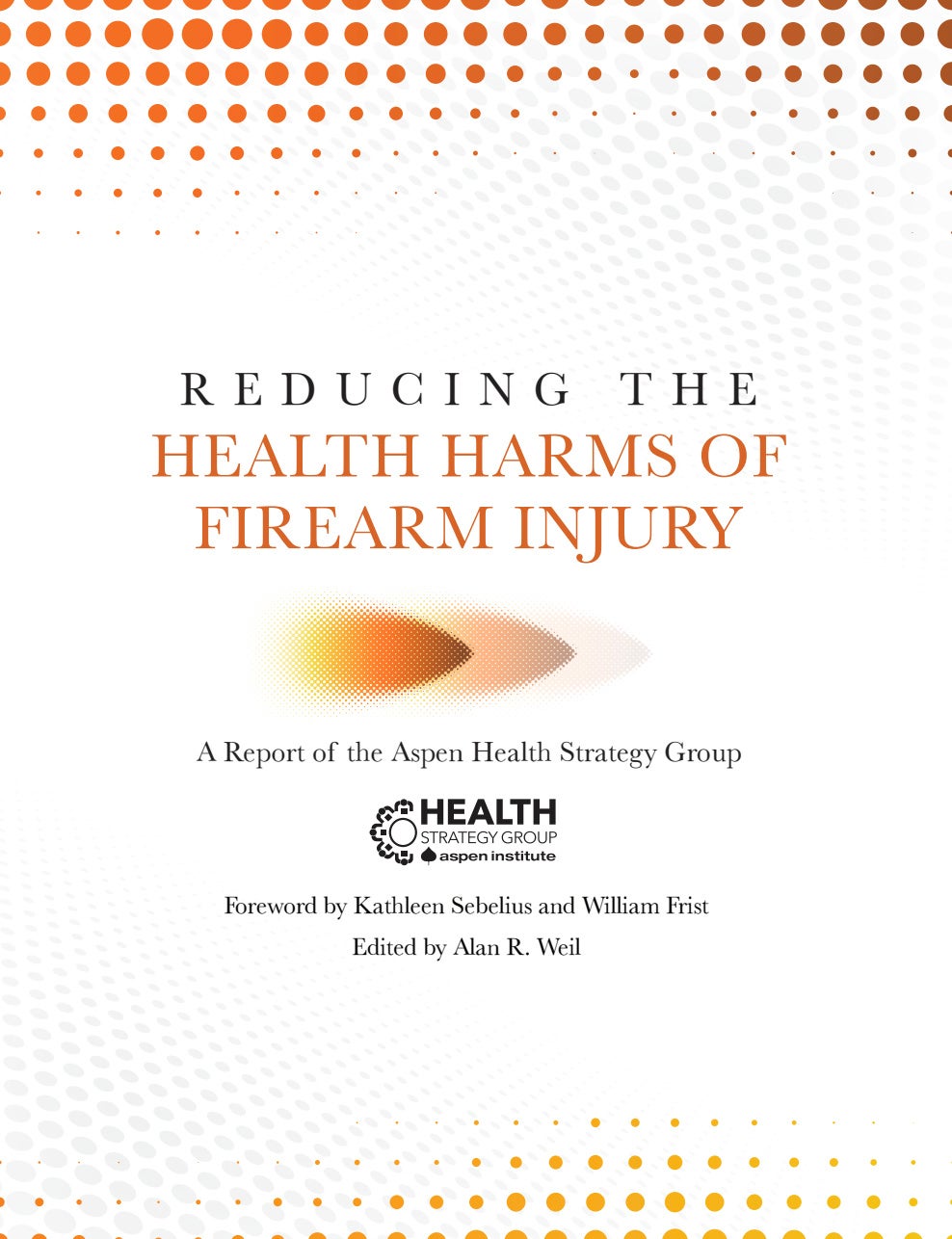In the days that have passed since the coronavirus pandemic hit, the one thing that has consistently provided me a shred of peace, normalcy, and relief has been nature. More specifically it has been my family’s daily trips to the beach near our home on Maine’s Casco Bay. Nature, in the best of times, provides a sanctuary from everyday life, a place to tune out from modern stress and return to our primal selves. And in these days of social distancing and escalating tension, water can be medicine.
At the Aspen High Seas Initiative, we think about the ocean—and thus about water—in vast, global terms. Much of our work focuses on the remote, distant, and deep. But water and the ocean are not only fundamental to our bodies, but also to our souls. As John F. Kennedy famously noted in 1962, “all of us have in our veins the exact same percentage of salt in our blood that exists in the ocean … We are tied to the ocean, and when we go back to the sea, we are going back from whence we came.”

Maine’s Casco Bay / Photo credit: Michael Conathan
Water is uniquely fundamental to human health. Not only is it as integral to our survival as oxygen but over the past couple of decades, studies have shown that places where we encounter water, known colloquially as “blue space,” provide positive psychological benefits as well. And it’s vital to note that these benefits accrue from artificially constructed water features as well as natural ones. Something as simple as taking a shower can be as soothing as a vacation to the most pristine tropical beach.
Author and scientist Wallace J. Nichols has made the study of this phenomenon his life’s work, which he first explored in his bestselling book, Blue Mind. The concept has been touted as a “wellness trend” for 2020 by sources as diverse as Fox News, Conde Nast Traveler, and India’s largest women’s magazine, Femina. Water, “whether it’s a pool, bathtub, puddle, creek, or if you’re lucky and can get to the ocean, is the best way, hands down, to hit the reset button,” Nichols says.
Water and cellphones don’t mix, so it forces us to look away from our screens. It cuts back on all external stimuli without eliminating them entirely. We still hear the waves or feel the rush of running water. We see the light reflecting off its surface. This is the difference between standing on a beach staring at the blue expanse of the ocean and sitting in a room with a sand-colored floor and blue walls. Psychologists call this effect “soft fascination”—it’s a bit like a white noise machine for all our senses. It keeps our brains humming but not racing.
At the same time, water reassures our primal nature. Nichols describes being near the water as providing a “feeling of rightness because the brain tells us we’re in a good place that can provide for our most fundamental needs.” Water means hydration, hygiene, and often healthy protein and other food. “’This is the spot,’ says the brain. ‘Build your cabin here.’”
While all eyes are currently on the spread of this virus and its potential toll on our lungs and our physical health, it’s no less critical that we take time to care for our emotional health. This pandemic made me recall the Deepwater Horizon oil disaster that struck the Gulf Coast in 2010. As industries were shut down, residents not only lost jobs and faced physical health problems from the oil fumes and dispersants, they were forced away from their primary source of relaxation—spending time on, in, and around the waterways of their communities. The combined effect resulted in a dramatic increase in depression, anxiety, and suicide.
The entire world faces many of those same challenges as this pandemic continues its seemingly unstoppable march across the globe. Economies teeter on the brink of a massive recession. Communities and extended families are losing their connective threads. Individuals face job losses and other financial ramifications. Our stresses are piling up. And as shelter in place and lockdown orders increase restrictions on daily life, even those of us who live close to the ocean are going to have to find alternate ways to get our water fix.
But that doesn’t mean we have to give it up entirely. Nichols has spoken at gatherings for groups that are inherently more restricted than even apartment dwellers in New York, San Francisco, Wuhan, and Milan could be under total lockdown. His remarks to groups of hospice workers and prison administrators focus on how to bring Blue Mind to people who have roughly the same chance of setting foot on a beach as they would of setting foot on the moon.
His recommendation? Virtual water. Not VR headsets, though if you’ve got one of those, feel free to fire it up. “Photography, painting, film, any kind of artwork, music, recordings, and imagination. If looking at a photograph of the water you love while you’re not able to get there is helpful, do it. Paint it. Print it and hang it on the wall. If there’s a song you associate with that place, close your eyes and listen to it.”
And in the meantime, if it’s still safe for you to do, get out into nature while you can. Jump in the puddles. Bathe in the forest. I’ll be out there smelling the seaweed and listening to the waves.
Michael Conathan is the executive director of the Aspen High Seas Initiative. He lives in South Portland, Maine.
Learn more from Wallace J. Nichols on Blue Mind and how it reaches all people and communities here.


